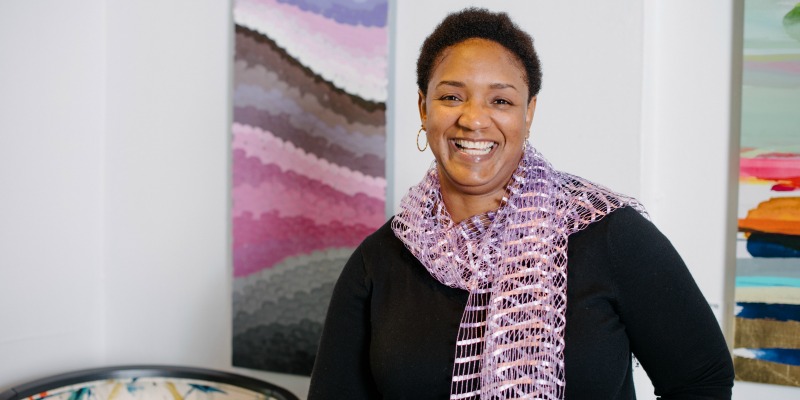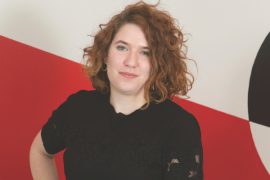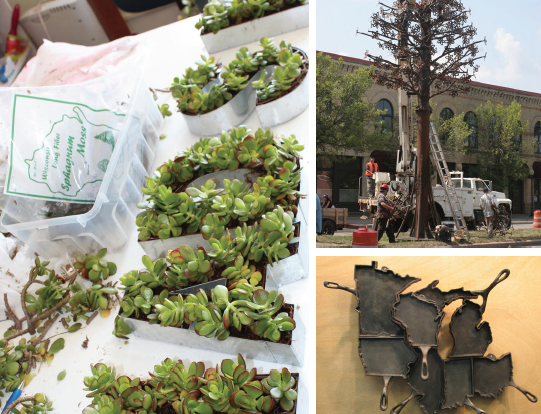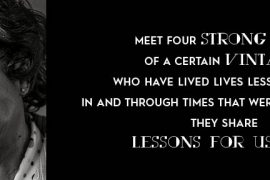Photographed by Hillary Schave
“Liberation should be an inalienable right,” says Monique Minkens, director of residential services at Domestic Abuse Intervention Services (DAIS). She’s creating an innovative space where women affected by abuse go “beyond empowerment, to healing and freedom.”
In early November, there were 82 women on the waiting list for the DAIS emergency shelter’s 56 beds. Minkens’ goal is to cut the wait and reduce repeat clients. She’s spearheaded a Liberation Model for DAIS that focuses on community building, financial literacy, addressing alcohol and drug abuse, mental health and housing.
“Liberation means I already have what I need. We’re connecting people to life-sustaining options that allow them to use their strengths and live their best lives,” says Minkins, whose sister survived domestic abuse.
Minkens is enlisting local African-American leaders Sagashus Levingston of Infamous Mothers and Lilada Gee of Black Women Heal—both survivors of domestic abuse—to facilitate groups and activities as part of a committed community. Last year, more than 79 percent of DAIS clients were African-American.
Minkens also pushes the envelope in her personal life. Once fearful of water, she recently learned to swim and is now in a master’s swim class. “When I first started swimming in the pool, I’d get to the deep end, see the floor drop, panic and stand up,” she says. “But I pushed the boundaries. That’s how we approach our work at the shelter. We talk about possibilities. We tell women they can heal.”
–Lisa Bauer




